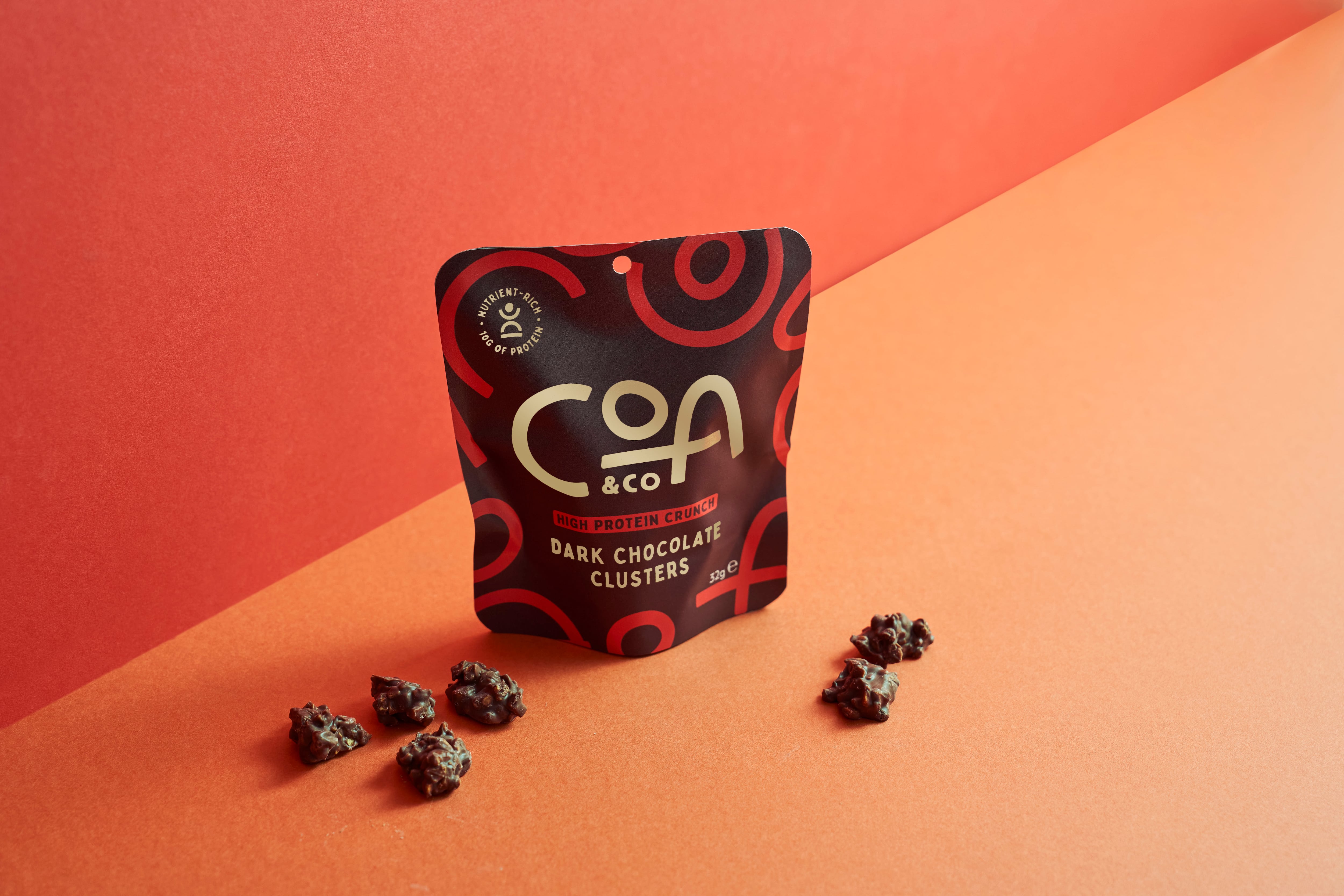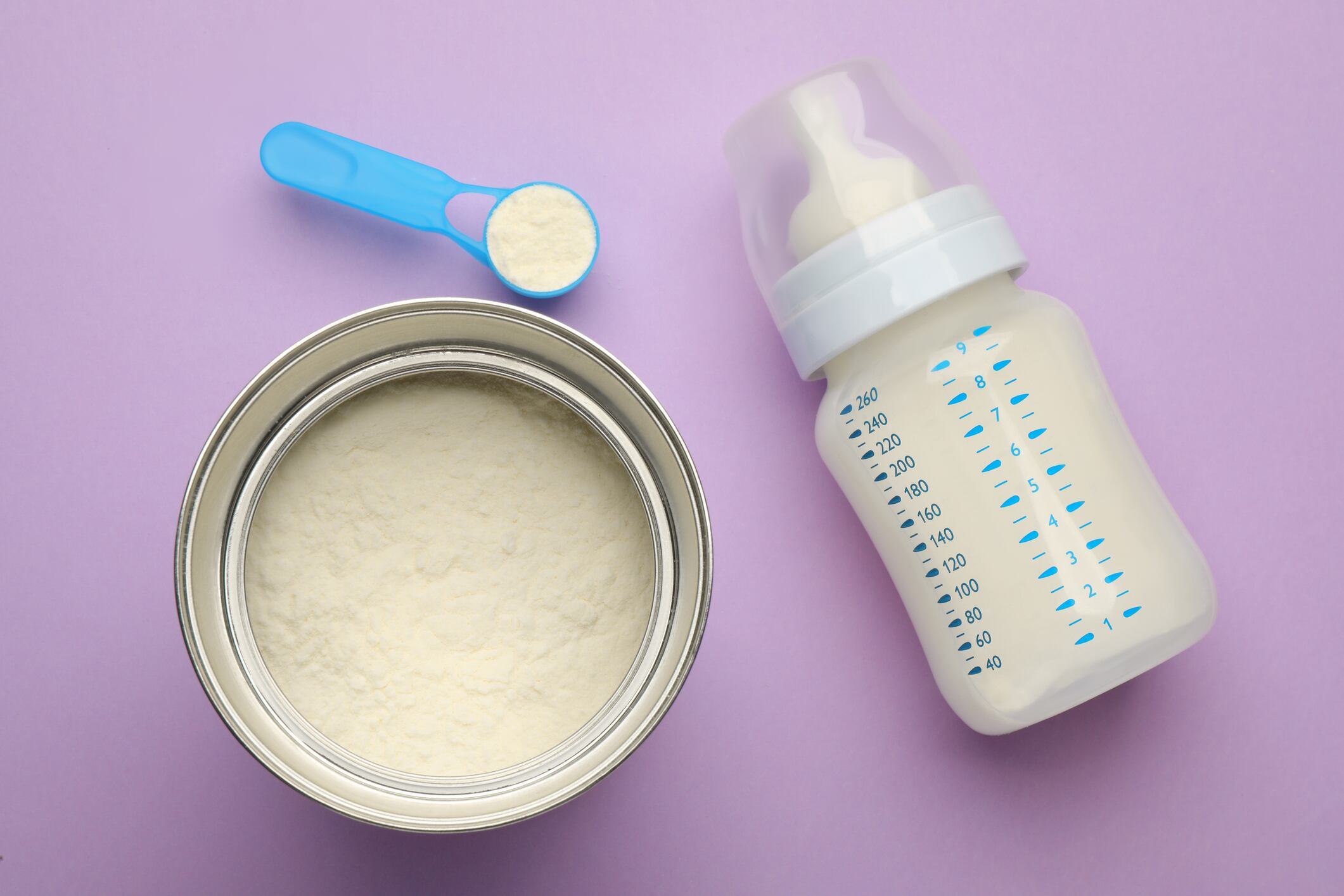Breast milk is widely considered the gold standard of infant nutrition due to its nutrient and antibody content, but the benefits of probiotics found in this milk, namely Human Milk Probiotics (HMPs), are less publicised.
New research from Kerry has highlighted the important role HMPs can play in improving the health and nutrition of both babies and mothers.
“Breast milk is important to babies but many mothers face health, emotional or physical challenges that make breastfeeding difficult, limiting the health benefits for both mother and child,” Kerry Research, Development and Applications (RDA) Director Women and Infant Health Dr Monica Maria Olivares told the floor at our Growth Asia Summit 2025 in Singapore.
One of the most common problems making breastfeeding difficult is mastitis, she said.
“This is an inflammatory disease of the breast that is associated with dysbiosis (microbial imbalance) in mammary gland microbiota causing obstruction, intense pain and other symptoms.”
Some 15% of all breastfeeding mothers experience this issue, and the major microorganism associated with mastitis is the Staphylococcus bacteria.
Back in 2000, Kerry successfully isolated the world’s first HMPs Lactobacillus fermentum and Bifidobacterium breve from human breast milk, and has since identified the important role HMPs can play in solving mastitis challenges.
“Probiotics act via the gut, and we have found that Lactobacillus fermentum in the form of our product LC40 works by improving the integrity of the gut barrier,” she said.
“The science from eight clinical trials and 27 publications supports its benefits in treating mastitis, reducing breast pain and providing infants with a healthier milk microbiota by reducing staphylococcus amounts.”
Mastitis is usually treated with antibiotics, and antibiotic-treated mothers were used as the control groups in these trials, whereupon it was found that 88% of women using LC40 completely solved their problem vs just 29% in the group using antibiotics.
“There is another very important component to this issue, which is the psychological symptoms that breastfeeding mothers face: Our research shows that up to 85% of women reported feeling fear about breastfeeding due to the pain, or anxiety, sadness, depression due to mastitis,” Dr Olivares added.
“Reducing the incidence of mastitis and the pain symptoms also helped to cut down these psychological symptoms – those using LC40 reported a reduction of these mastitis-related psychological symptoms by up to 85%.”
Reduced physical and psychological challenges due to mastitis increases the likelihood of smooth, happy nursing sessions for both mother and child, which in turn increases the probability of the infant maximally absorbing necessary nutrients from nursing.
Back to the babies
LC40 is also able to help infants with challenged microbiomes, such as those born via C-section and thus not exposed to some of the protections that naturally-delivered infants get.
“Infants delivered by C-section frequently face microbiome imbalances, which can increase their susceptibility to infections – upper respiratory infections and diarrhoea are common incidences, and LC40 has been shown to effectively reduce these infections,” she said.
“In addition to this, it can support a healthy microbiome by significantly increasing the populations of beneficial bacteria.”
One other very common challenge in babies is colic, and the other HMP BfM26 has been shown to help with this.
“Colic is characterised by extended periods of crying due to gut discomfort, for more that three hours a day, and HMPs can help to reduce crying time by around 3.5 hours,” she said.
“Colic can cause extreme distress for both babies and parents, so it is important to find ways to minimise the discomfort causing this excessive crying for the entire family’s sake.”





